Industry feedback gathered by Isuzu UK has revealed widespread misunderstanding regarding the extent of tax changes to pick-up trucks introduced in April.
Internal research and dealer insight show that almost three-quarters (71%) of pick-up buyers, 68% of accountants, and 59% of non-Isuzu dealers are still uncertain about how the changes affect VED and VAT.
This, says Isuzu, has led to frequent and unnecessary concerns, especially among agriculture, construction, and other commercial sectors that rely on pick-ups as working vehicles.
Alan Able, managing director of Isuzu UK, said: “We want to reassure the public and business owners that VAT remains reclaimable, and VED is still at the commercial rate.
“These benefits continue to support tradespeople, farmers, and fleet operators across the UK.”
The Government announced in the Autumn Budget that double and extended cab pick-up trucks would be treated as company cars for tax purposes from April this year, dramatically increasing the benefit-in-kind (BIK) tax paid by drivers.
The change in legislation originates from a Court of Appeal ruling, which found that double and extended cab pick-ups do not demonstrate a predominant suitability for transporting goods over passengers.
As a result, HMRC has moved to classify these dual-purpose vehicles as cars for the purposes of BIK, capital allowances, and deductions from business profits.
It is important to clarify, however, that single cab pick-ups are unaffected by this change and will continue to be treated as commercial vehicles in all respects.
Vehicle excise duty (VED), also known as road tax, remains at the commercial level of £345 per year, and VAT is still fully reclaimable on vehicles with a 1‑tonne payload for VAT‑registered businesses making fully taxable supplies.
Oliver Garner, head of tax at Isuzu UK, said: “We understand these changes are complex. Our priority is helping customers navigate this evolving landscape with clear, factual guidance, particularly around order dates, payloads, and eligibility for transitional relief.”
Capital Allowance rules were also changed as of April 1, 2025, for corporation tax and April 6 for income tax. Double and extended cab pick-ups are no longer eligible for treatment as ‘plant and machinery’ and are now taxed in line with company car writing-down allowances, which are calculated based on CO₂ output.
These rates can be 6%, 18%, or 100% for zero-emission vehicles.
It is important to note that expenditure must be incurred prior to October 1, 2025, to fall under the old regime.
Taxation changes for double and extended cab pick-ups
|
Category |
Before April 2025 |
After April 2025 |
Impact on Buyers |
|
Benefit-in-Kind (BIK) |
Flat rate: £4,020 (2025/26) as a commercial vehicle |
Taxed as company car (CO₂-based, from 3%–37%) |
Increased company car tax liability for business users |
|
Capital Allowances (CA) |
Treated as ‘plant and machinery’ for 100% or 18% relief |
Reclassified as company cars; allowances based on CO₂ |
Reduced tax efficiency for business asset write-offs |
|
Vehicle Excise Duty (VED) |
£345 per year for a commercial vehicle |
No change, still £345 per year |
Still a cost-effective annual road tax |
|
VAT Reclaim |
Fully reclaimable if the payload is over 1 tonne & VAT registered making fully taxable supplies |
No change, still fully reclaimable if criteria are met |
Maintains key benefits for VAT-registered businesses |
|
Transitional Relief |
Not applicable |
Applies if the vehicle was ordered, leased or purchased before April 2025 |
Buyers retain old BIK/CA rules until April 2029, lease end, or vehicle disposal, whichever comes first |
|
Single Cab Pick-Ups |
Commercial vehicle status |
No change, remains a commercial vehicle |
Remain unaffected by BIK and CA changes |

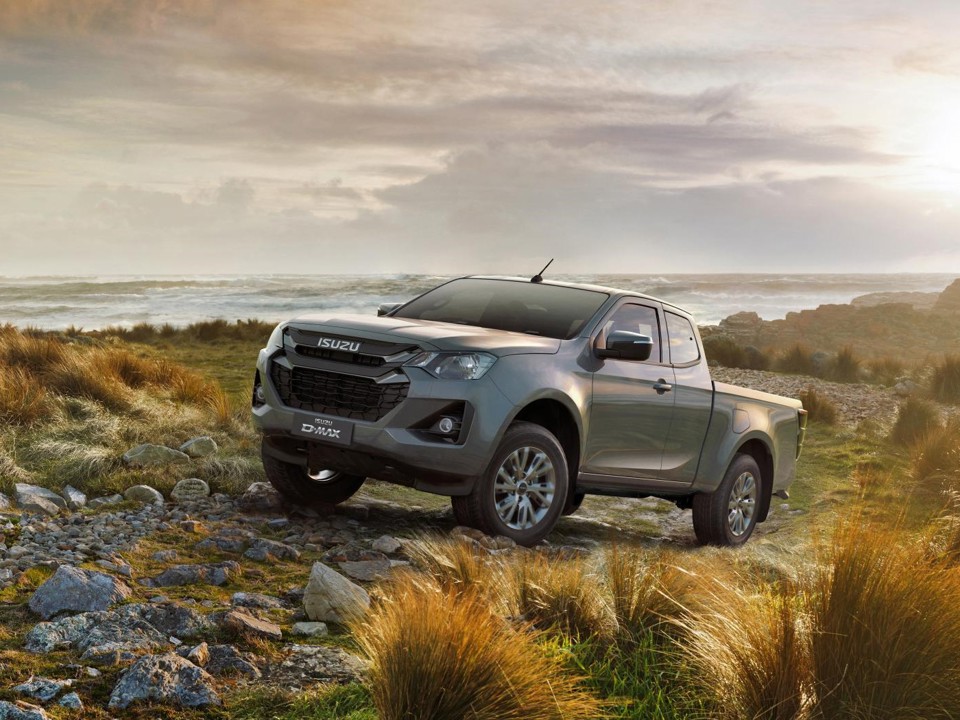




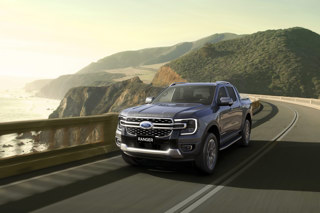

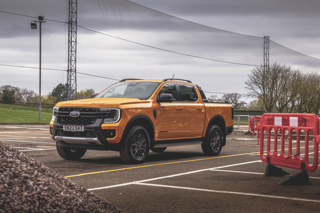
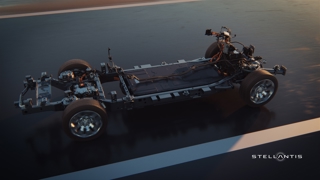

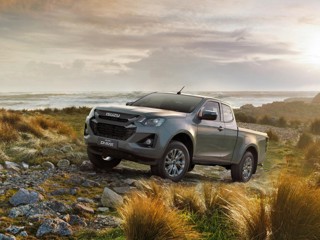
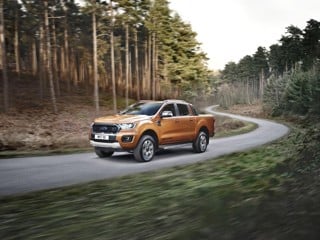
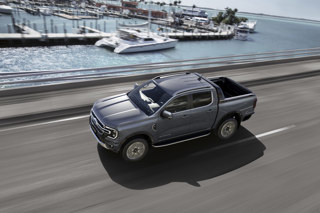
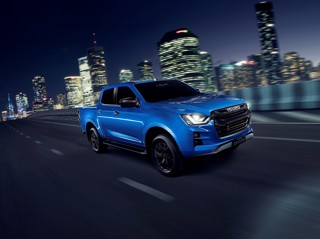
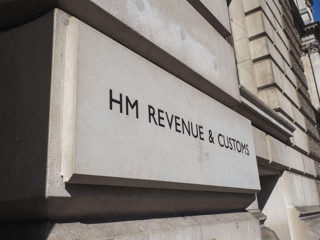












Login to comment
Comments
No comments have been made yet.